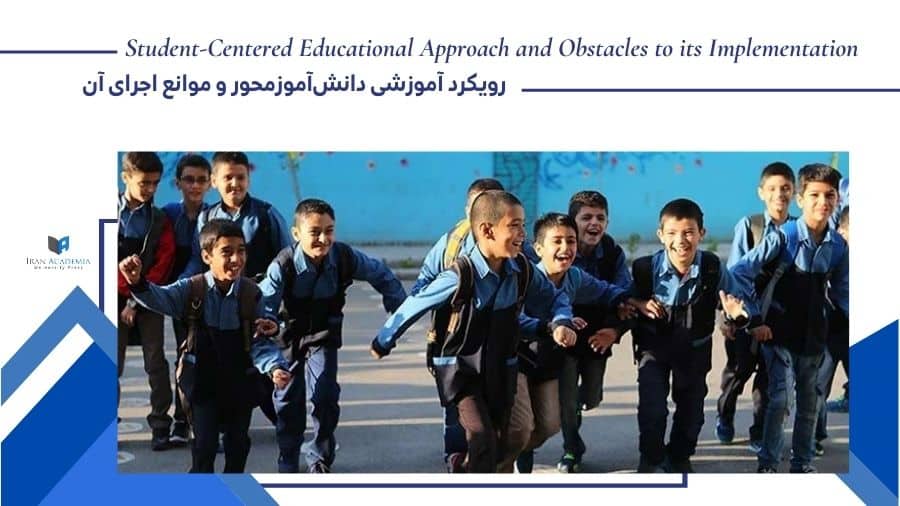Abstract:
Abstract The student-centered educational approach prioritizes students’ needs, interests, and learning methods and aims to strengthen interaction, critical thinking, skills, and how to learn. Unlike traditional teacher-centered methods, this educational approach encourages and enhances students’ active participation, responsibility, collaboration, and learning experiences. However, the implementation of student-centered teaching methods faces significant obstacles despite its proven benefits. Understanding these barriers is necessary to develop effective educational strategies to overcome them and ensure the evolution of educational practices to better guide students in diverse and dynamic learning environments, and contributes to the greater effectiveness of this approach. The present research was conducted with the aim of determining the barriers of applying student-centered teaching methods from the perspective of elementary school teachers in Sulaymaniyah city, Kurdistan region of Iraq. This research, which was conducted through in-depth and semi-directed interviews, is qualitative in terms of practical purpose and in terms of research method. The statistical population of the research included all primary school teachers in the western region of Sulaymaniyah, Kurdistan, Iraq, who were teaching in city schools in the academic year 2023-2024. The sampling method in this research was purposeful and interviews were conducted with (13) teachers after validating the questions and until theoretical saturation. The data collected from the interviews were subjected to content analysis after thematization. The results of the research showed that factors related to the institution of education, school and family, related to students and teachers, as well as other factors from the political, economic, and other fields are among the obstacles to apply student-centered teaching methods.


